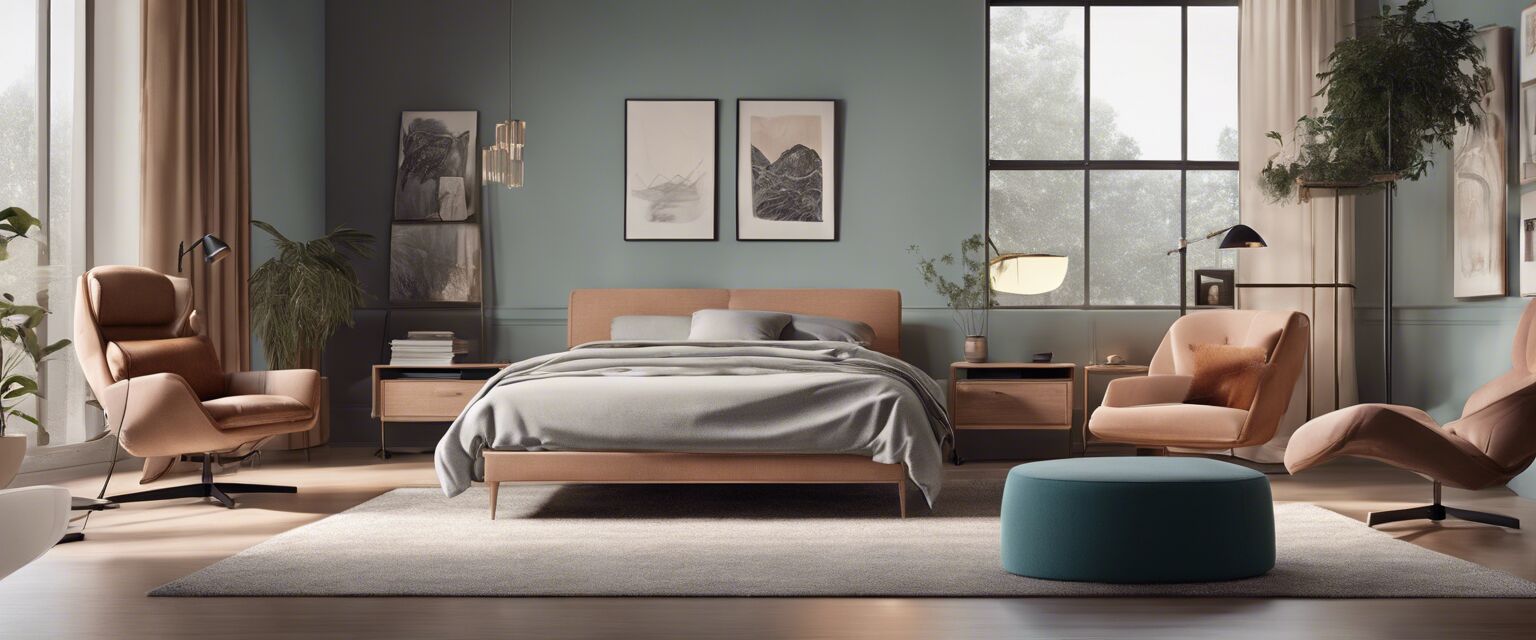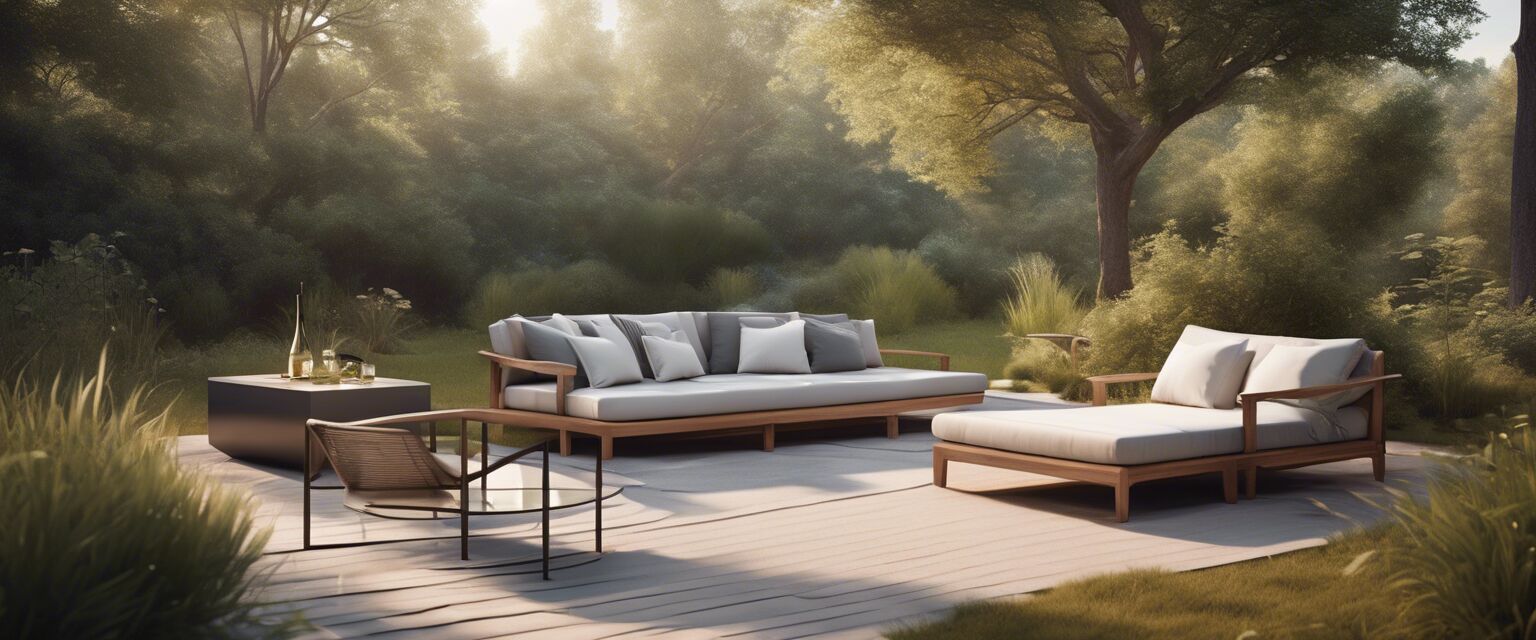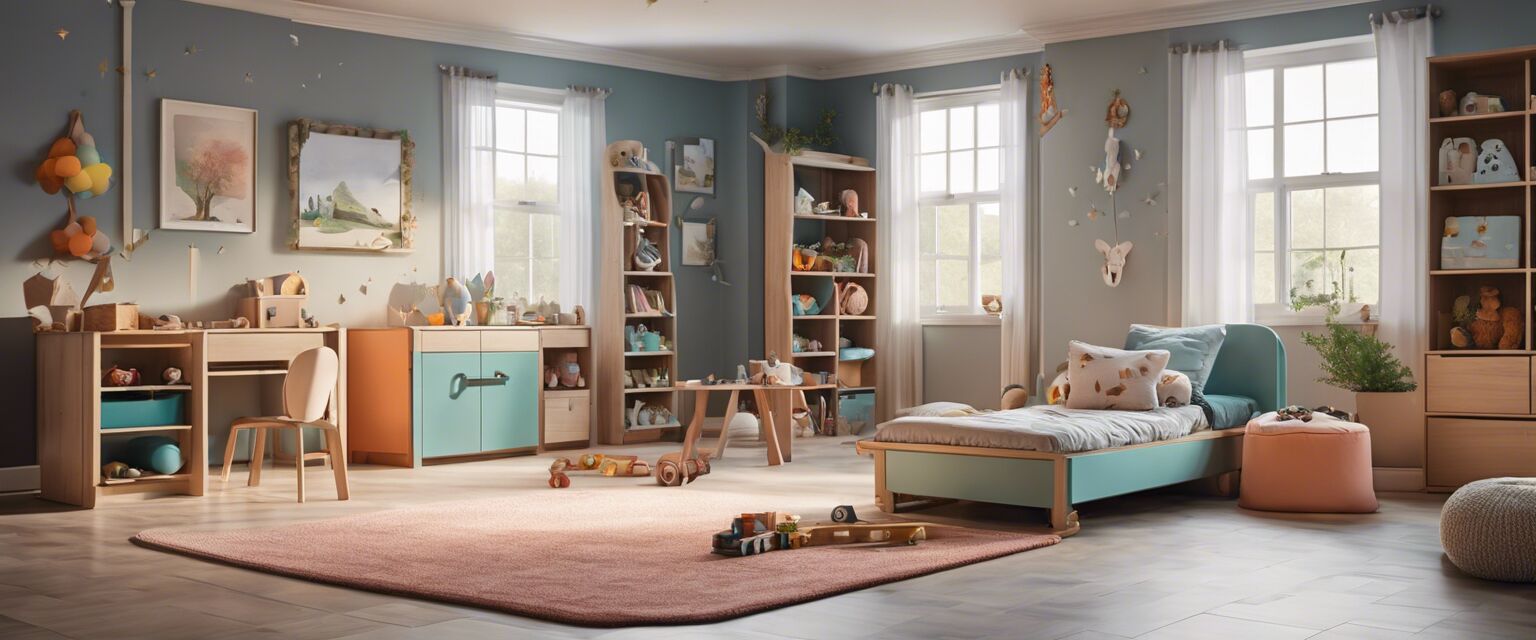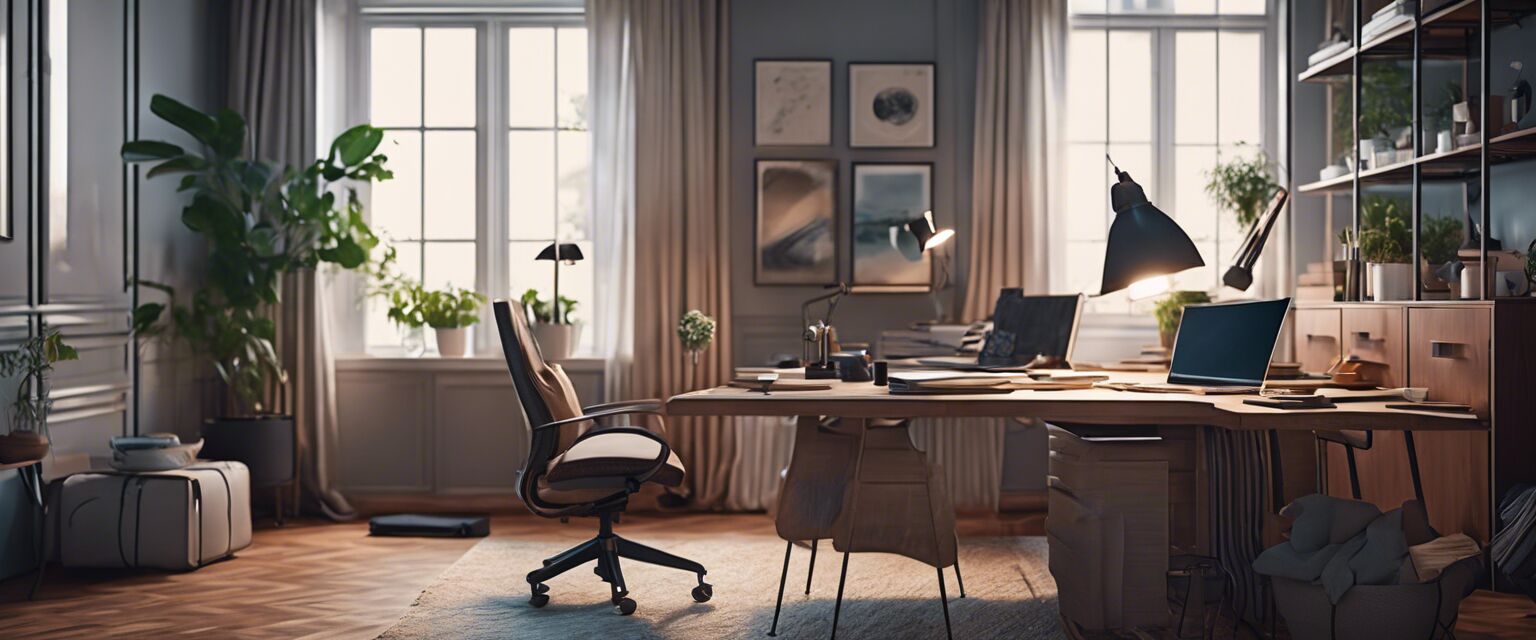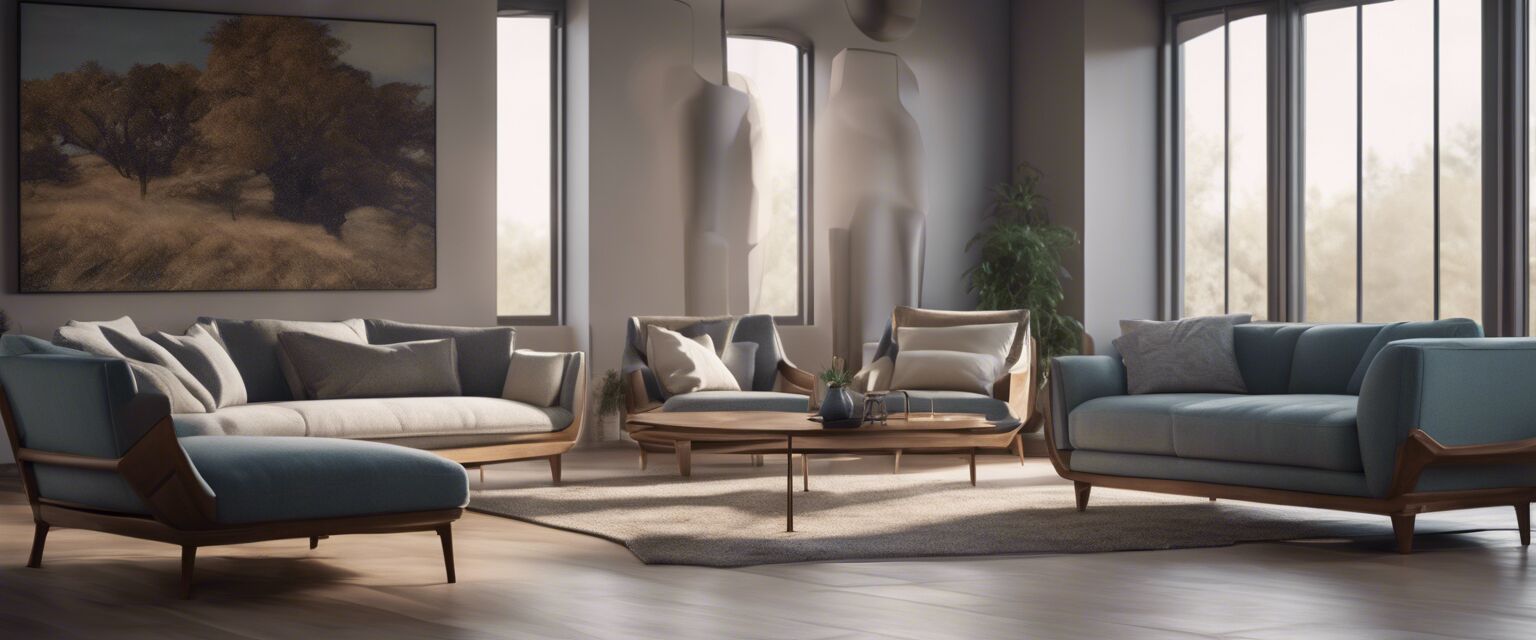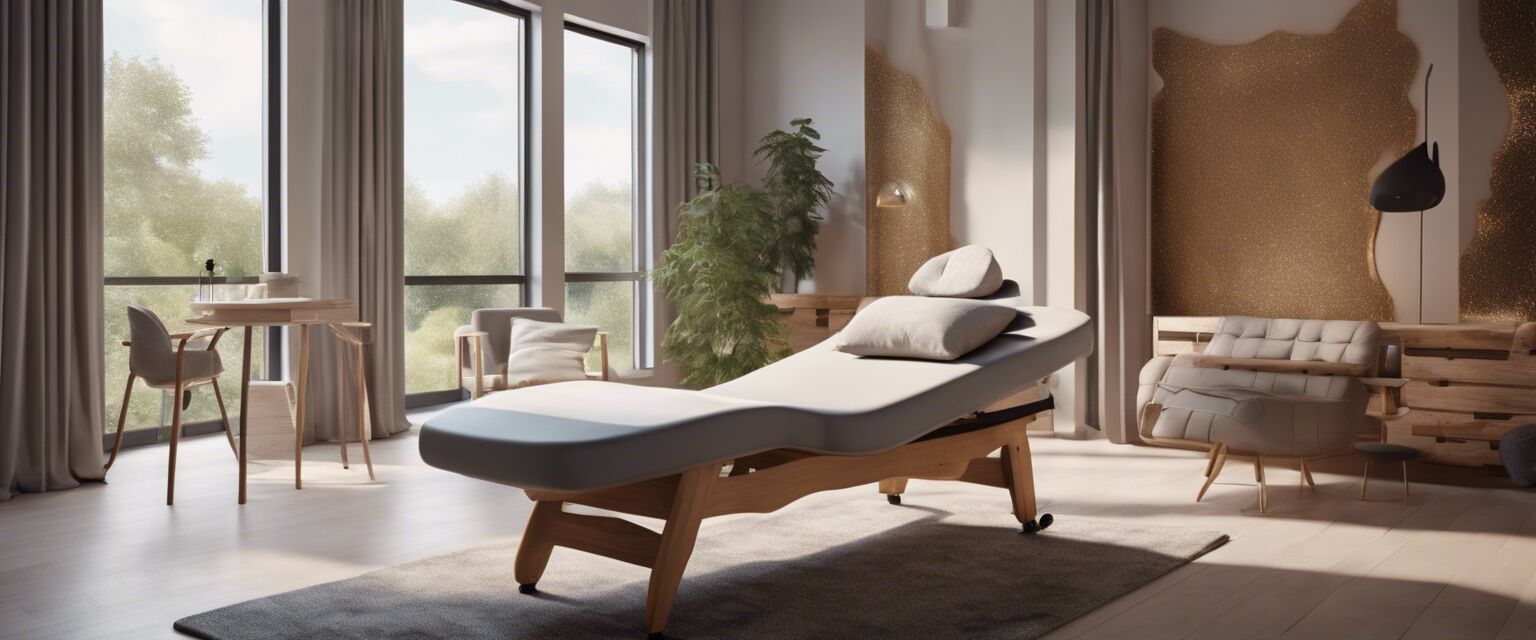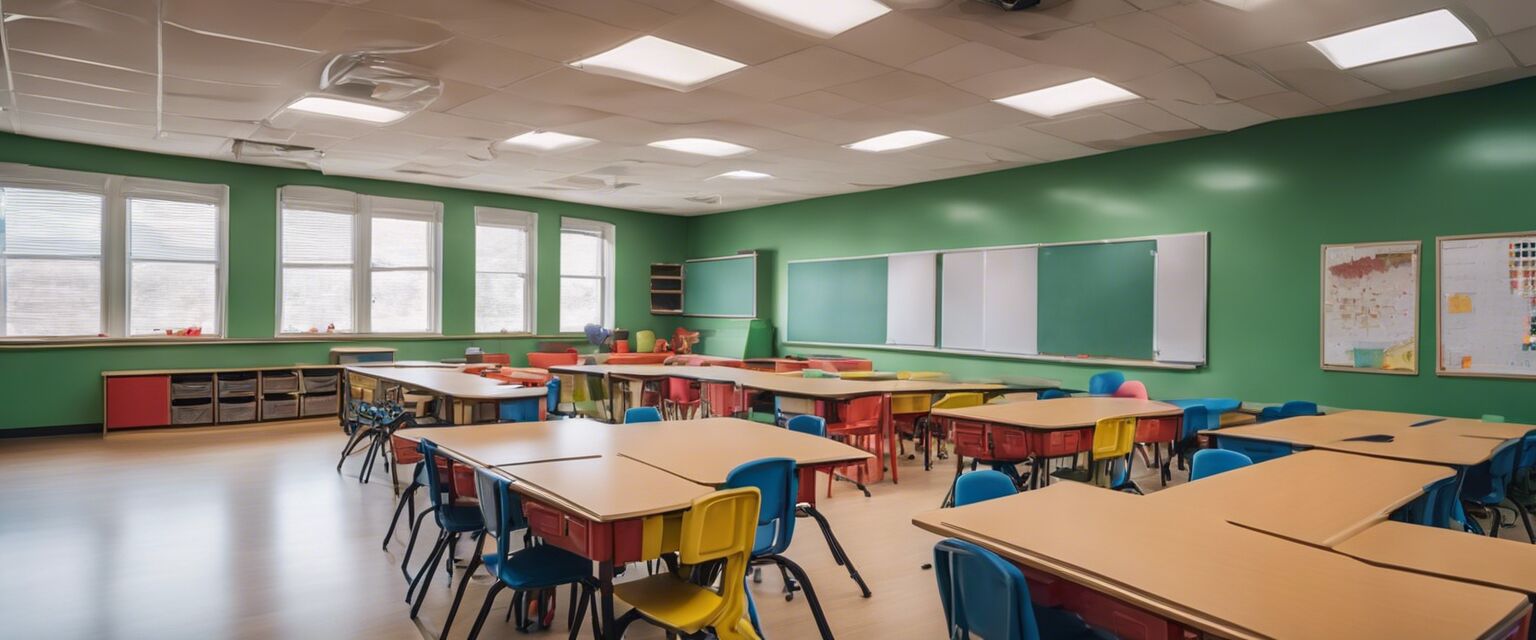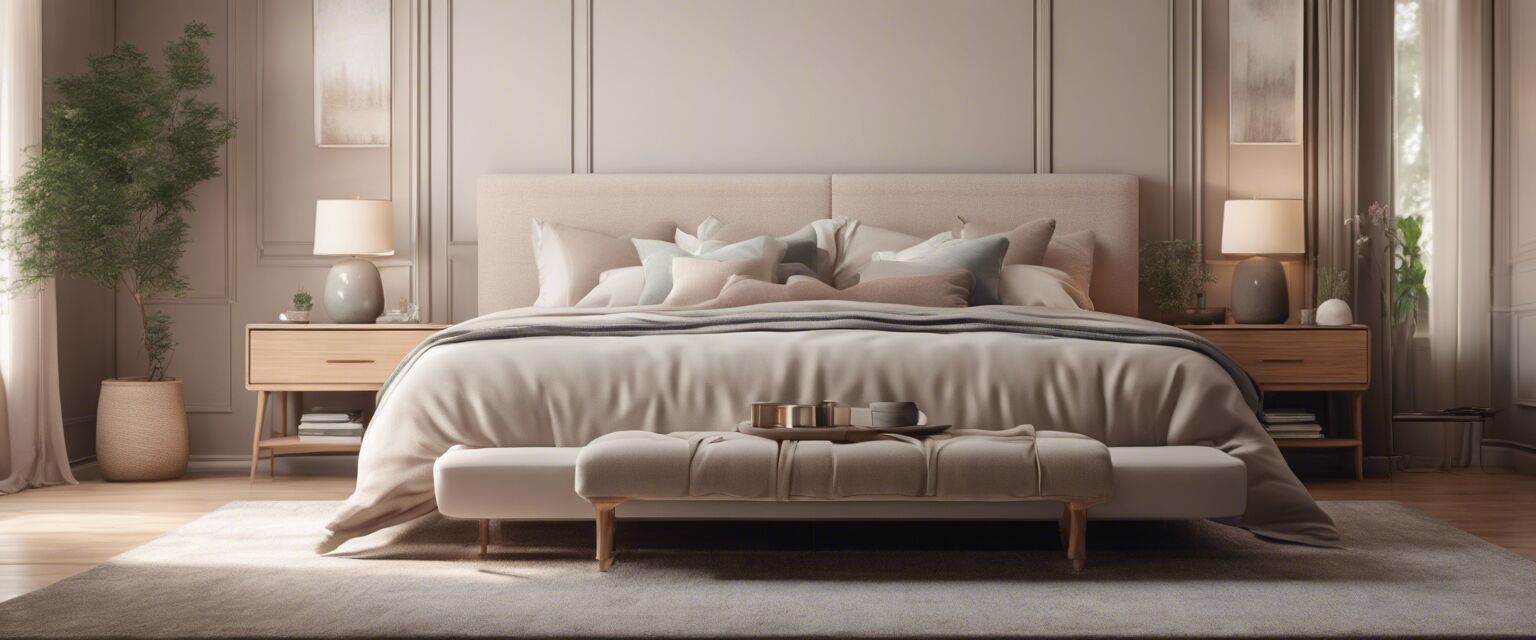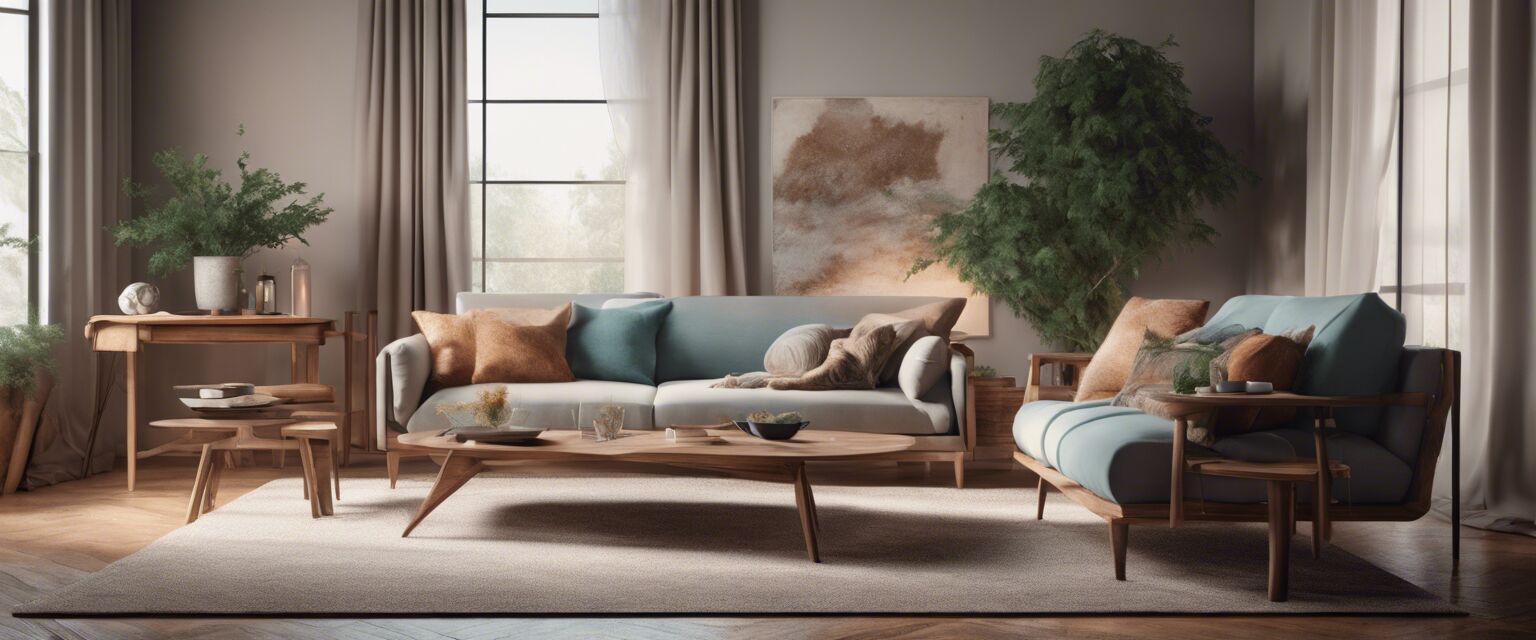
Adaptive Lounge Furniture
Key Takeaways
- Adaptive lounge furniture enhances sensory comfort for individuals with autism.
- Ergonomic design and calming aesthetics are crucial for creating a peaceful environment.
- Incorporating sensory-friendly elements can improve relaxation and comfort.
- Explore various categories like calming beds, sensory chairs, and therapeutic sofas.
Adaptive lounge furniture is essential for creating a comfortable and sensory-friendly environment, especially for individuals with autism. By focusing on ergonomics and sensory needs, this type of furniture can significantly enhance relaxation and adaptability in any space. In this article, we will explore the various aspects of adaptive lounge furniture, focusing on its design, benefits, and categories.
Understanding sensory needs
Individuals with autism often have unique sensory needs that can be addressed through carefully designed furniture. Sensory-friendly furniture takes into account factors such as texture, color, and ergonomics. This ensures a more comfortable and calming environment, helping to reduce anxiety and promote relaxation.
Types of adaptive lounge furniture
There are several categories of adaptive lounge furniture tailored for sensory comfort. Below is a detailed table highlighting each type and its features.
| Furniture Type | Features | Benefits |
|---|---|---|
| Calming Beds | Soft materials, adjustable firmness | Encourages relaxation, reduces overstimulation |
| Sensory Chairs | Supportive design, soothing colors | Provides comfort and support |
| Therapeutic Sofas | Ergonomic structure, plush fabric | Enhances social interaction and relaxation |
1. Calming beds
Calming beds are designed to provide a safe and comfortable sleeping environment. These beds often include features that allow for adjustment in firmness and support, catering to individual preferences. For more information on calming beds, check out our Calming Beds category.
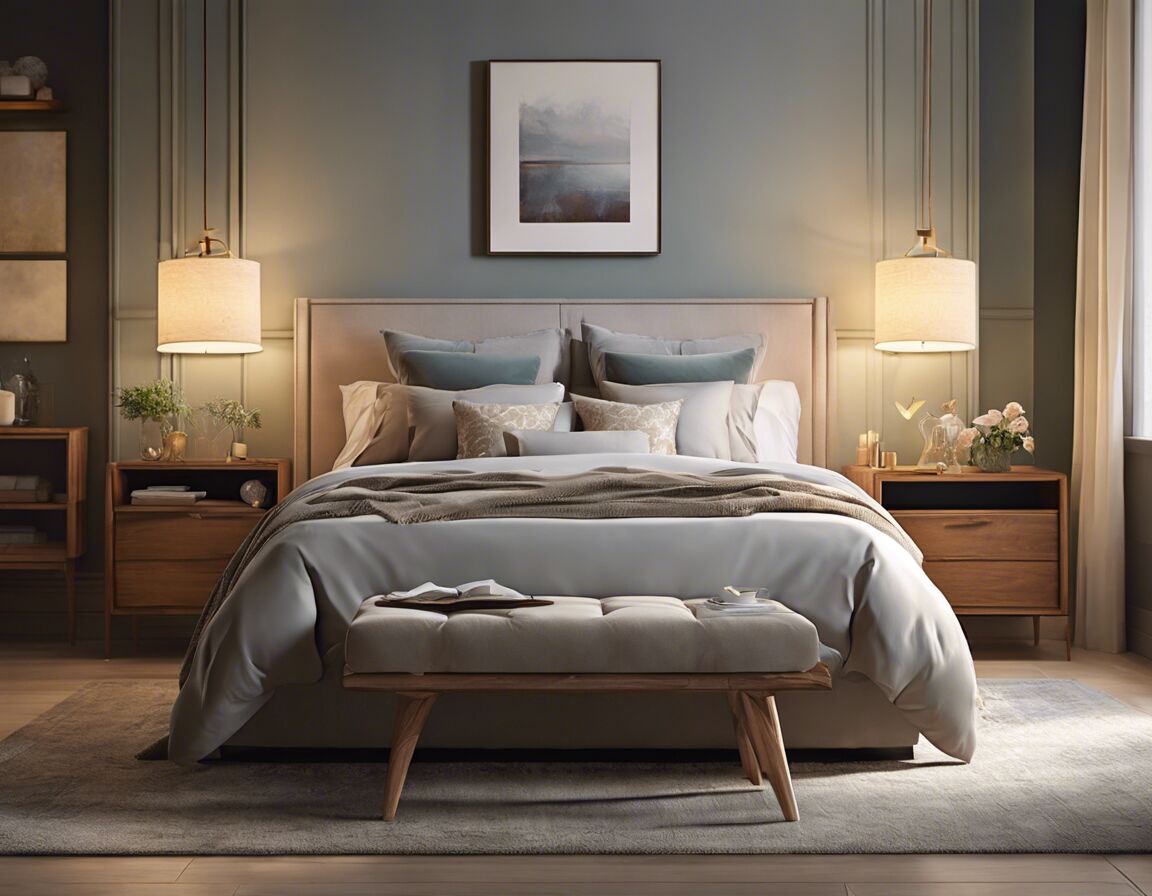
2. Sensory chairs
Sensory chairs play a crucial role in providing comfort while promoting focus and relaxation. Their ergonomic design helps to support proper posture, while the calming colors and textures enhance the sensory experience. Explore our Sensory Chairs category for more options.
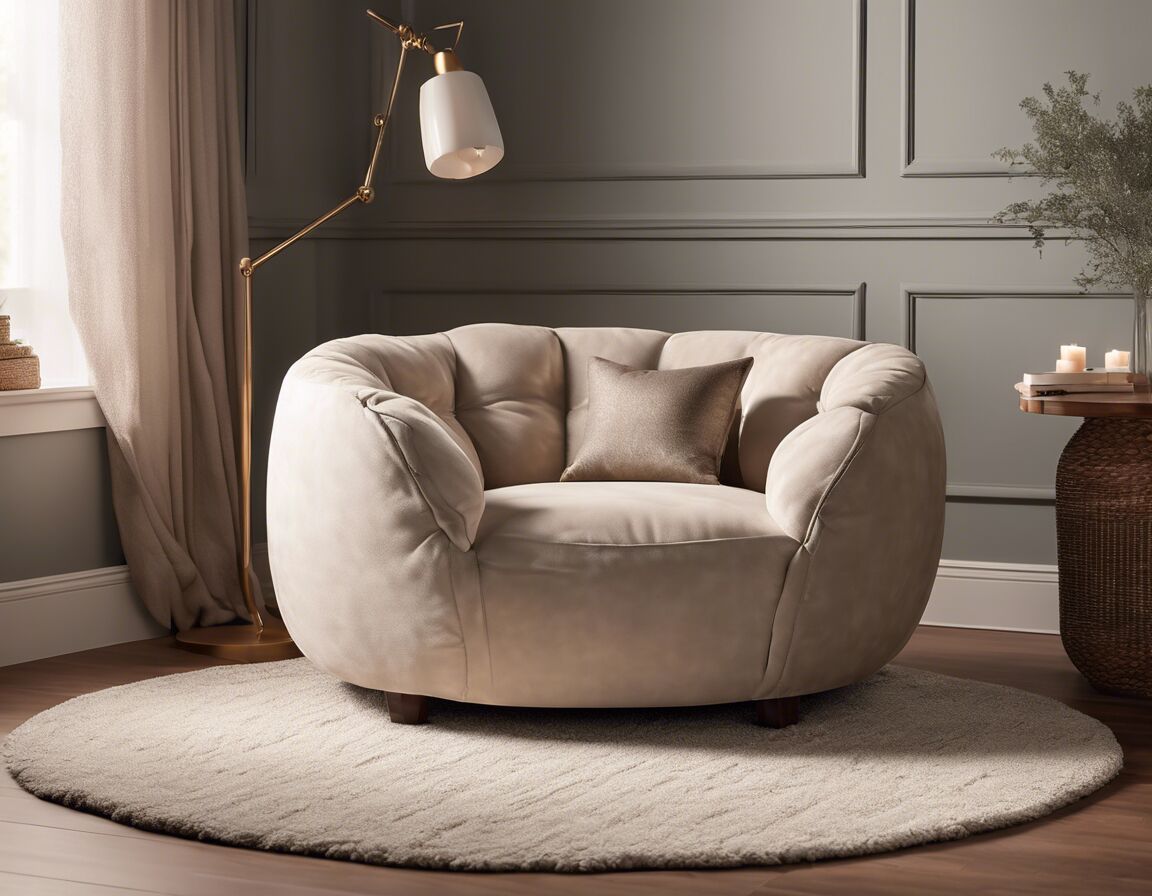
3. Therapeutic sofas
Therapeutic sofas provide a cozy space for relaxation and social interaction. With their plush fabrics and supportive structures, these sofas are perfect for creating an inviting lounge area. Visit our Therapeutic Sofas category to discover more.
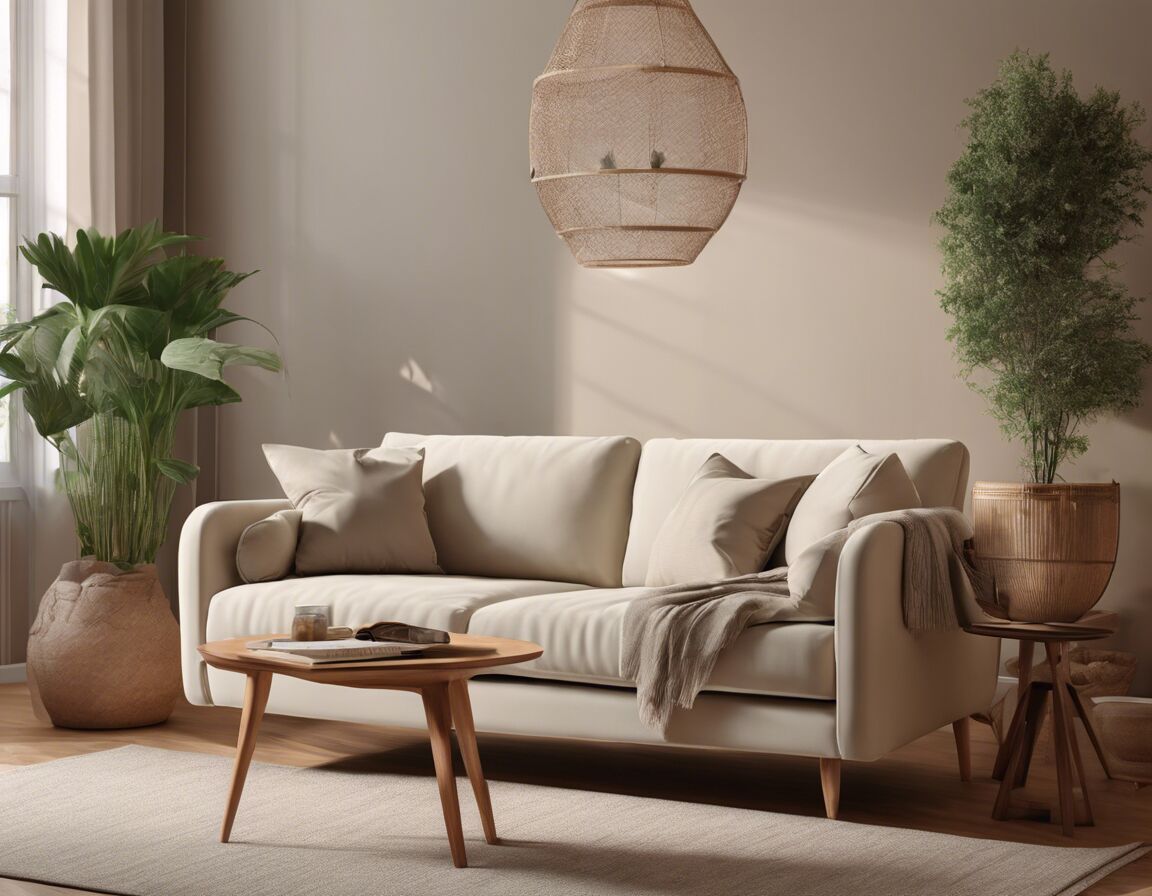
Benefits of adaptive lounge furniture
Adaptive lounge furniture provides a multitude of benefits for individuals with sensory needs:
- Enhances comfort and relaxation.
- Reduces sensory overload.
- Encourages social interaction.
- Supports proper posture and ergonomics.
Pros
- Improved sensory comfort.
- Customizable to individual needs.
- Encourages relaxation and reduces anxiety.
- Promotes social interaction among users.
Cons
- Potential higher cost compared to standard furniture.
- May require space adjustments in some homes.
Tips for choosing adaptive lounge furniture
Beginner's Section
- Consider the individualâs sensory preferences when selecting furniture.
- Test different textures and materials to find the most comfortable options.
- Look for furniture that offers adjustable features for personalized comfort.
- Ensure that the furniture fits well within the intended space.
Conclusion
Adaptive lounge furniture plays a significant role in creating a sensory-friendly environment for individuals with autism. By understanding the unique needs of sensory comfort and selecting the right types of furniture, you can foster a relaxing and adaptable space. Explore our other categories like Ergonomic Desks, Quiet Room Accessories, and Sensory Tables to find more solutions for enhancing comfort and well-being.
